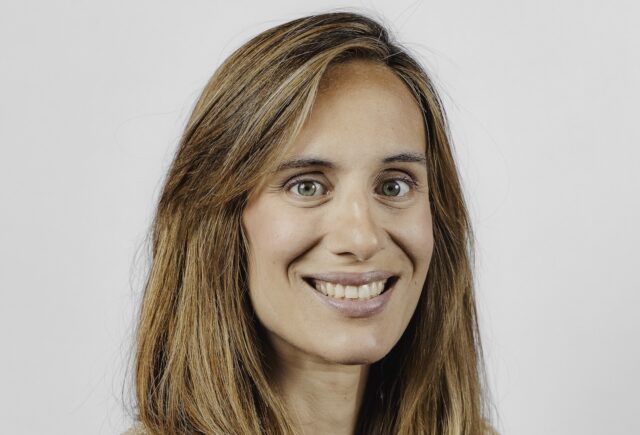No need to reinvent the wheel – in *The Expert View* impact investing pros share their lessons learned. This week Mezuo Nwuneli on how to deal with risk when investing in West African agrifood businesses.

MBA from Harvard
- Mezuo Nwuneli is the managing partner of Sahel Capital, a Nigerian private equity firm which invests in and advises local SME agriculture and food companies.
- Sahel Capital’s investment fund FAFIN (The Fund for Agricultural Finance in Nigeria) holds minority and majority shares in seven agri and (packaged) food companies. The $66mn fund has investors such as the African Development Bank, British CDC Group, the Dutch Good Growth Fund, KfW Development Bank and Nigeria Sovereign Investment Authority.
- Mezuo Nwuneli began his career in finance at travel tech company Sabre Corp in Dallas, US. He has an MBA from Harvard Business School and a BSc in Industrial Management from Carnegie Mellon University.
Many European investors view agriculture as risky business in general, even more so if the venture is located in a developing country. Zooming in on West Africa and Nigeria, Mezuo Nwuneli of Sahel Capital does not agree.
“There are no incrementally higher risks in agriculture, or food for that matter, compared to other sectors. If you look at the banking sector in Nigeria, for example, a large proportion of their non-performing loans have been in oil and gas. Of course there are always risks in any sector – you just have to be attentive.”
“With agriculture, the overarching risk is climate change. It comes down to: will you get your yields or will they be flooded?”
You wrote in an opinion piece that international investors’ “lack of understanding” of African markets leads to a mismatch between perceived and real investment risks. What is it that those investors don’t understand?
“If an investor in Paris or Amsterdam hears on the news that there are riots in Accra (capital of Ghana, ed), they ask if we in Lagos are impacted. People hearbad stuff on the news and immediately apply that with a wide brush to the entire region.
“There is a big mismatch between perceived and real risk. The physically further away you are as an investor, the worse you can estimate risks.”
“We mostly see this lack of understanding among American investors; they are often adverse to investing in Africa. European investors are more comfortable, probably because of historical ties.”
Which risks do you encounter in your food and agri portfolio companies and how do you deal with them?
“It is not specific to agri or food but a macroeconomic issue: Nigeria has high inflation and there’s risk of currency devaluation. We try to mitigate risks by diversifying our portfolio. But with macro issues we can only do so much, right?
“Luckily, we know that people always have to eat. In that way, we are in a fortunate sector (agriculture has accounted for around 20% of the Nigerian GDP over the past decade, ed).”
What other measures have you taken to deal with the risks of climate change?
“Our commercial rice farm is really the only example where we face issues linked to climate change – and having both irrigation, so that we are not depending on rainfall, as well as water drainage infrastructure to manage flood water has been quite important.
We’ve also added pumps with a higher capacity than necessary, in case an unexpected flooding would happen.”
“If those measures wouldn’t be enough, we also have yield insurance. Those insurances are not very robust in Nigeria though. Typically you only get a share of your costs for imports back, instead of the value of the potential yield.”
Can you tell me about one time when you miscalculated the risks of an investment, and what you learned from it?
“Yes, even though the case is too sensitive to get into specifics: I am convinced you have to go into a deal assuming that the other party means well. You do this – while you verify. In this particular case we were so enamored with the opportunity we didn’t see warning flags tied to our partner.”
“What I learned is to listen closely to how people respond when you do due diligence. If they are not praising the party you are planning to invest in, that’s a red flag.
This is an environment in Nigeria where people don’t say bad things about each other. A neutral response is already suspicious. – It doesn’t have to mean that you should pull out, but it is a sign you should investigate more.”






